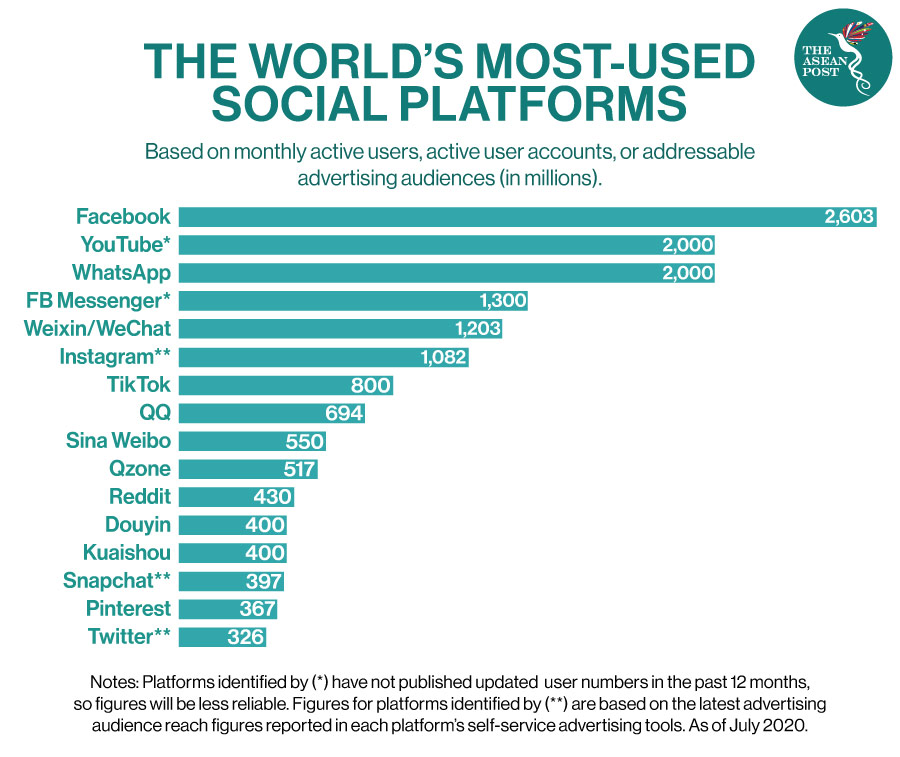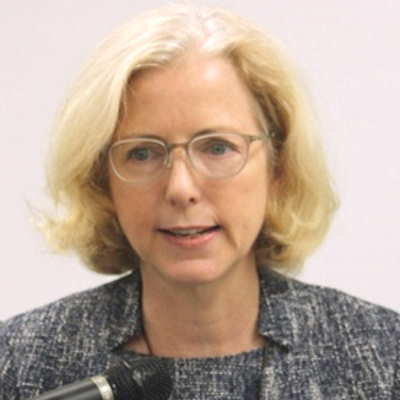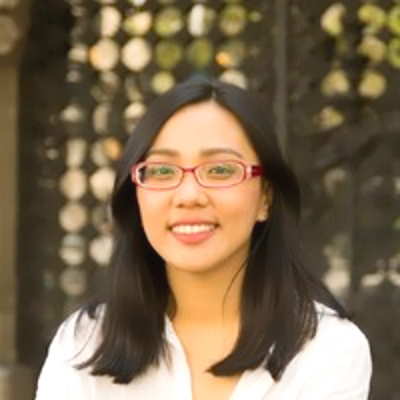Spreading at least as quickly as the COVID-19 virus, an ‘infodemic’ has infected large swaths of media and information exchange across ASEAN. Massive amounts of information, including rumours, misinformation and disinformation have reached millions of people who are hoping to understand how to stay safe until the pandemic has been controlled. High levels of uncertainty are driving people to look for any information about the virus to help them better understand what is happening in the world around them.
Fake news ranges from misinformation about which tests are needed for proper diagnosis (PCR or antigen) to fear-inducing rumours that motivate people to make the wrong decisions.
“In Indonesia, if your PCR test results are positive, you get a lethal injection,” said Alisa, an Indonesian who goes by one name. This information came to her via WhatsApp.
The growing risk of fake news and misinformation comes on the heels of rapidly increasing access to the internet and digital media among ASEAN citizens.
According to We Are Social, 69 percent of the region’s 672 million citizens are internet and social media users. A report by Google, Temasek, Bain & Company’s noted that in 2020, 40 million ASEAN citizens went online for the first time. With the region steadily pivoting towards digital transformation, and with an unconnected audience of 208 million, these numbers are projected to continuously, if not exponentially, increase.

All of this growth in internet usage is occurring at a time when people are stressed about the new circumstances and fearful about the impact of the pandemic on their health and wellbeing. As a result, people are now very conducive to the swift spread of misinformation and rumours. These circumstances have unfortunately been exploited by people with bad intentions.
The power of digital technologies to influence the opinions and behaviours of users and the speed at which societies change due to these technological disruptions are rendering many public and private institutions unable to quickly adapt.
At the policy level, the region has made several efforts to address the negative effects of disinformation. In 2017, ASEAN adopted the ASEAN Declaration on Culture of Prevention for a Peaceful, Inclusive, Resilient, Healthy and Harmonious Society which calls for concerted actions to promote the values of moderation against deliberate falsehoods.
In 2018, the ASEAN Ministers Responsible for Information (AMRI) adopted the Framework and Joint Declaration to Minimise the Harmful Effects of Fake News and launched the Core Values on Digital Literacy for ASEAN which aims to promote greater cybersecurity as part of the efforts to counter online falsehoods. The Core Values aim to create a safe and conducive online environment while also respecting the freedom of expression.
Most recently, in 2020 the AMRI adopted the Joint Statement to Minimise the Negative Effects of COVID-19 which stresses the important role of the media and information sector during the pandemic. It demonstrates the region’s resolve to encourage regular exchanges of official updates and information, develop regional guidelines and a common platform to facilitate timely sharing of information, and further strengthen media and information cooperation.
According to the Deputy Secretary-General of the ASEAN Sociocultural Community, His Excellency Kung Phoak, at a recent event hosted by the ASEAN Secretariat and the Economic Research Institute for ASEAN and East Asia (ERIA), the world’s ongoing battle with the COVID-19 pandemic has exacerbated the problem of disinformation. In addition to the growth in online access, the average internet user in Southeast Asia is spending an added hour online every day since the start of the global health crisis.
At the same time, spreaders of fake news are developing increasingly advanced approaches.
“ASEAN Member States (AMS) with high internet usage such as the Philippines and Indonesia are at risk of becoming a hotbed of disinformation during a time when the perpetrators have adopted increasingly sophisticated methods of operation as the spread of fake news migrates to private chat groups,” said Marites Vitug, Editor-at-Large for Rappler in the Philippines.
Whole-Of-Society Approach
No individual country is immune to this infodemic. To address this issue, ASEAN needs to adopt a whole-of-society approach to countering fake news and misinformation. Involving all stakeholders including – governments, academics, citizens and users, tech platforms and professional groups – is necessary for creating a safe space online.
We recommend the following six actions that can be taken by ASEAN stakeholders:
First, AMS are advised to update related laws and regulations on disinformation and enhance public awareness regarding disinformation laws. The rapidly changing nature of fake news requires AMS to improve the legal and regulatory environment to combat disinformation. Further, many ASEAN citizens are unaware that spreading fake news is in violation of their state’s law thus public awareness of criminal punishment for fake news must also be improved.
Second, social media platforms must enforce their community guidelines. This can be done by actively seeking input from external experts and fact-checking partners to ensure proper follow-through.
Third, governments and the private sector can launch educative measures and creative campaigns targeting internet users to boost their media and information literacy. Increased knowledge will assist internet users to discern fact from falsehood; helping them to better identify if the content is fake news.
In addition, these media literacy materials must be inclusive and easy to understand for all age groups. Misinformation affects everyone regardless of their age. AMS should consider prioritising the dissemination of media literacy information at the school level as the youth population gains access to the internet at an increasingly early age.
Fourth, the role of universities is integral in the battle against fake news and academics can serve as fact-checkers for ASEAN governments and social media platforms. They can also provide input to improve company policies and enforcement against fake news.
Fifth, fact-checking sources should be promoted for information verification.
Sixth, ASEAN can address cross-border fake news by setting up a task force designated to tackle regional and global fake news and encourage ASEAN governments and the media to proactively share information when dealing with this phenomenon.
Related Articles:


